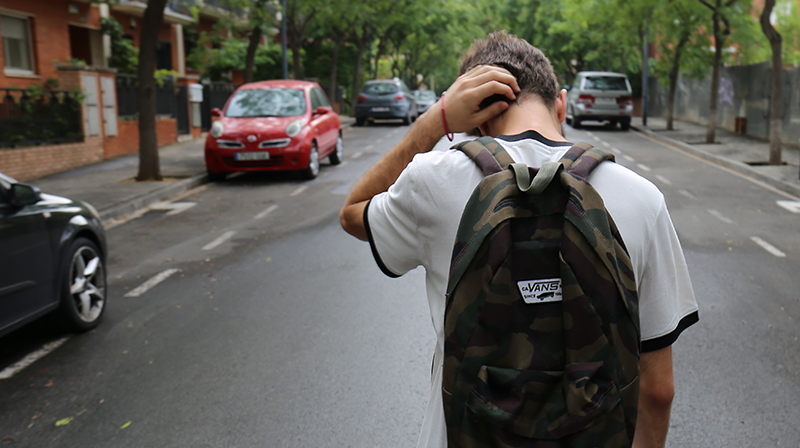Archive News 2021
What students need to know about toxic drugs in B.C.

In recent years, and especially during the COVID-19 pandemic, there has been a staggering increase in deaths from toxic drugs in B.C. As we gradually resume social activities this fall, we want to ensure that Vancouver Community College (VCC) students have important safety information.
Many people try drugs for the first time as post-secondary students, whether for recreation, due to social pressure, or to deal with stress or anxiety. With lives at risk, it’s critically important to normalize and destigmatize the conversation about substance use and addiction.
If you use drugs or know someone who does
Be prepared for an emergency
- Use a drug checking service to identify toxic drugs.
- Download and use the Lifeguard app.
- Do not use alone.
- Start with a low dose and go slowly.
- Carry Naloxone. Pick up a free Naloxone kit at a site near you and take free naloxone training online.
- Know the signs of an overdose. If you suspect an overdose, call 9-1-1 right away.
Understanding substance use
Words are powerful, which is why it’s important to talk about substance use and addictions in accurate, medical terms and keep real people at the centre of the conversation.
Addiction is a disease that anyone can get. Nobody chooses to experience addiction. Addiction can affect people from all walks of life and is often rooted in physical or emotional pain or trauma. Beyond abstinence (detox), these root causes need to be addressed as part of a patient’s healing and recovery. Shame and blame often make a person’s condition worse and create barriers to getting help.
Harm reduction is saving lives. Harm reduction services (e.g. supervised consumption sites, Naloxone kits) are often a vital step to helping people stay alive so that they can access the services they need. Harm reduction is a key part of B.C.’s response to the overdose crisis; nearly 6,000 deaths have been averted using harm reduction strategies since 2016.
Toxic drugs are everywhere. Approximately 84 per cent of illicit drug toxicity deaths in B.C. in 2020 have involved fentanyl, which is 100 times more toxic than morphine and up to 50 times more toxic than heroin. Fentanyl is odourless, tasteless, and colourless, and can be mixed with pills, powders, or liquid in drugs like fake oxycodone, heroin, cocaine, or ecstasy. People may take fentanyl without knowing it.
Help is available
If you fear for your safety or suspect an overdose, call 9-1-1 immediately.
VCC Counselling
VCC students seeking help with substance use can begin by contacting VCC’s free and confidential counselling services.
Provincial resources
For more information about provincial services such supervised consumption sites, Naloxone training, medical information, and treatment options, visit https://www.stopoverdose.gov.bc.ca/
Lifeguard app
Download the Lifeguard app. This life-saving app connects you to emergency responders if you become unresponsive.
Here2Talk
All B.C. post-secondary students can access free, professional counselling services 24/7 via the Here2Talk app, by visiting Here2talk.ca, or calling toll free 1.877.857.3397 or direct 604.642.5212.
